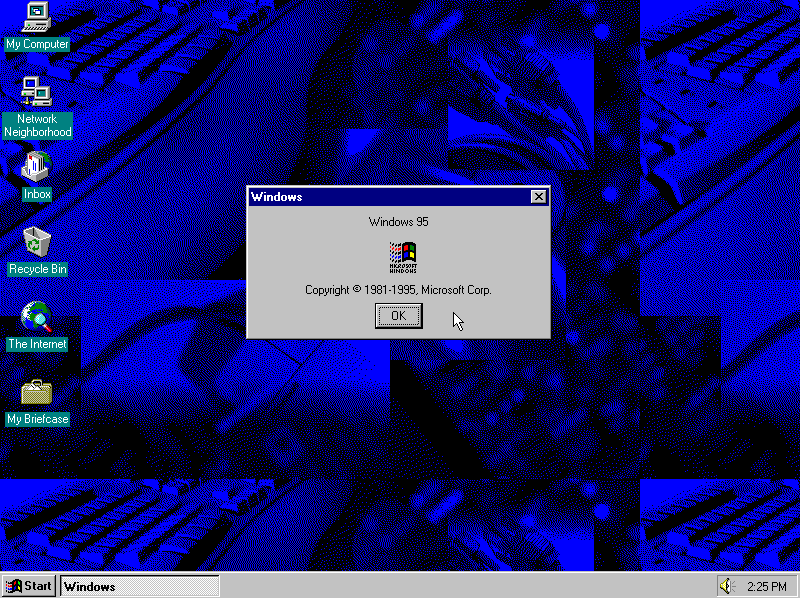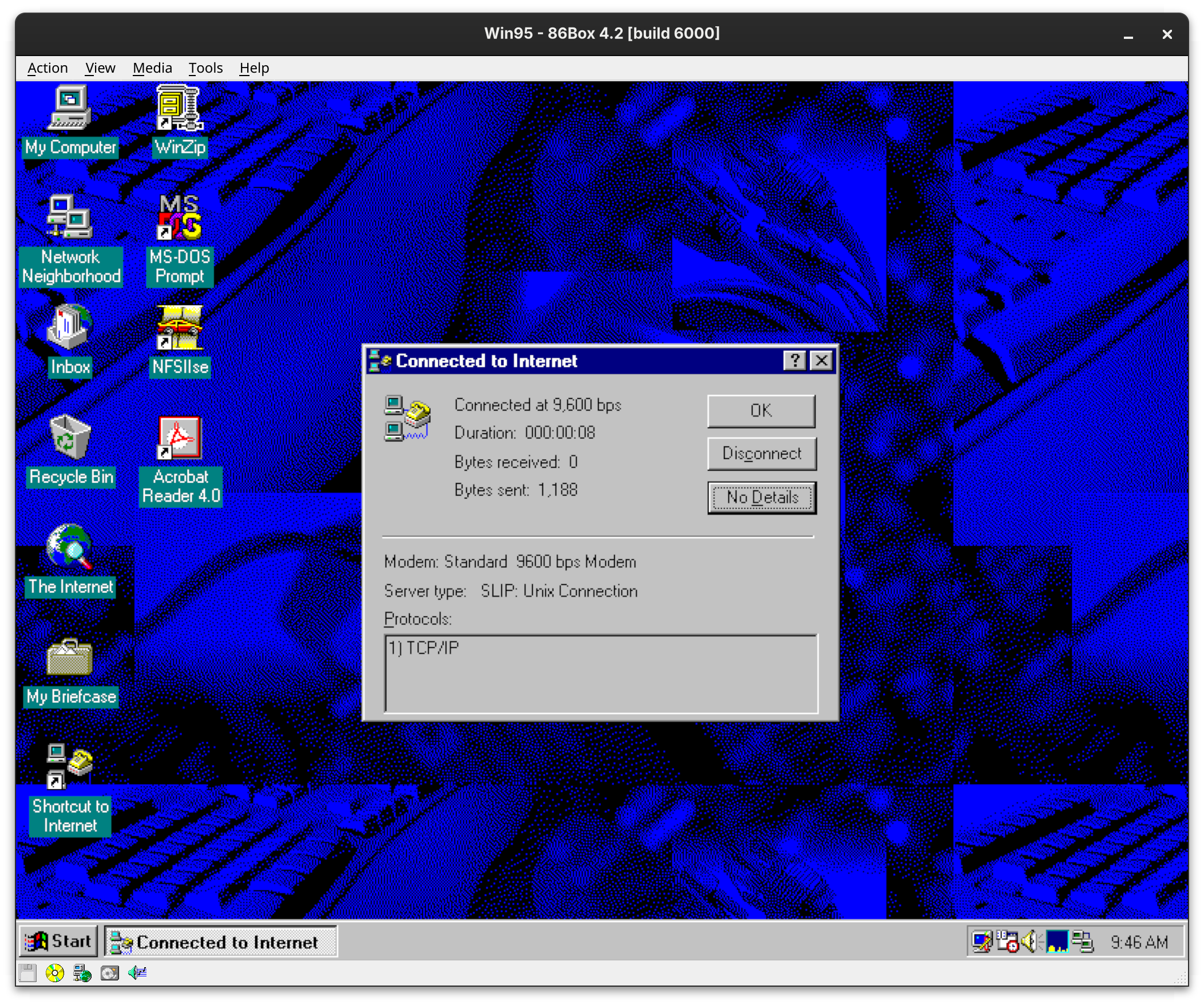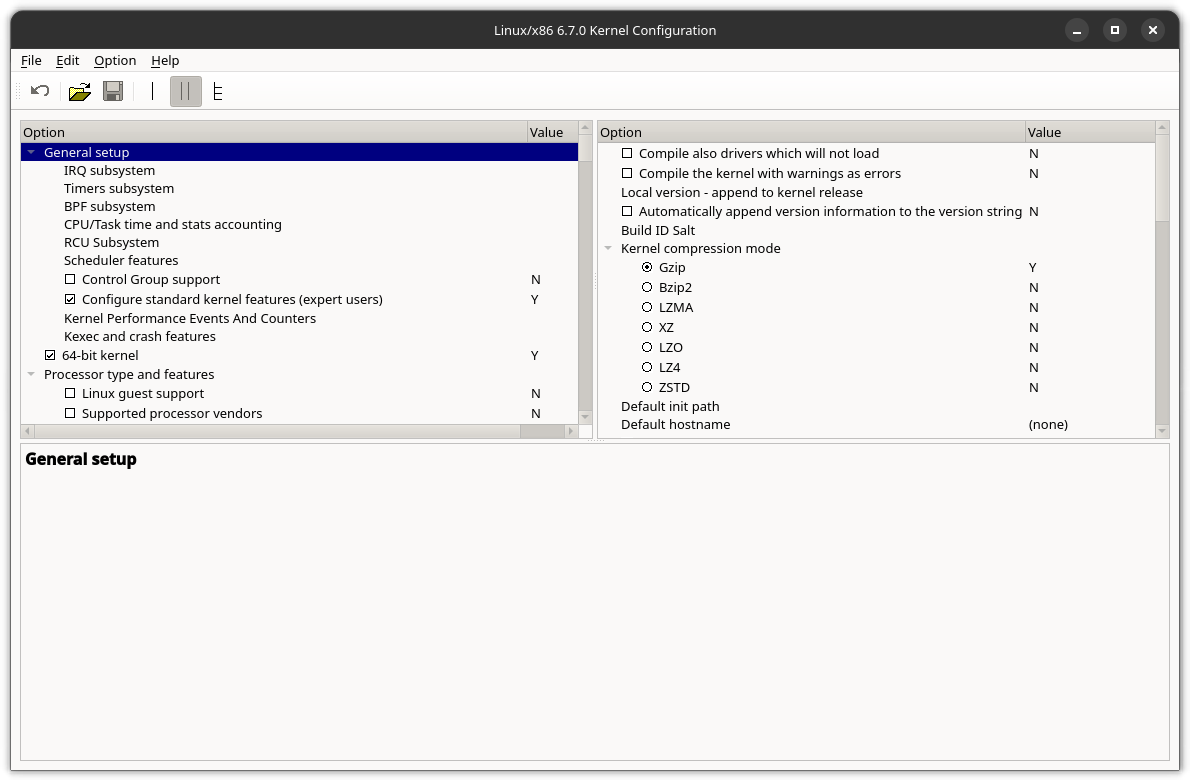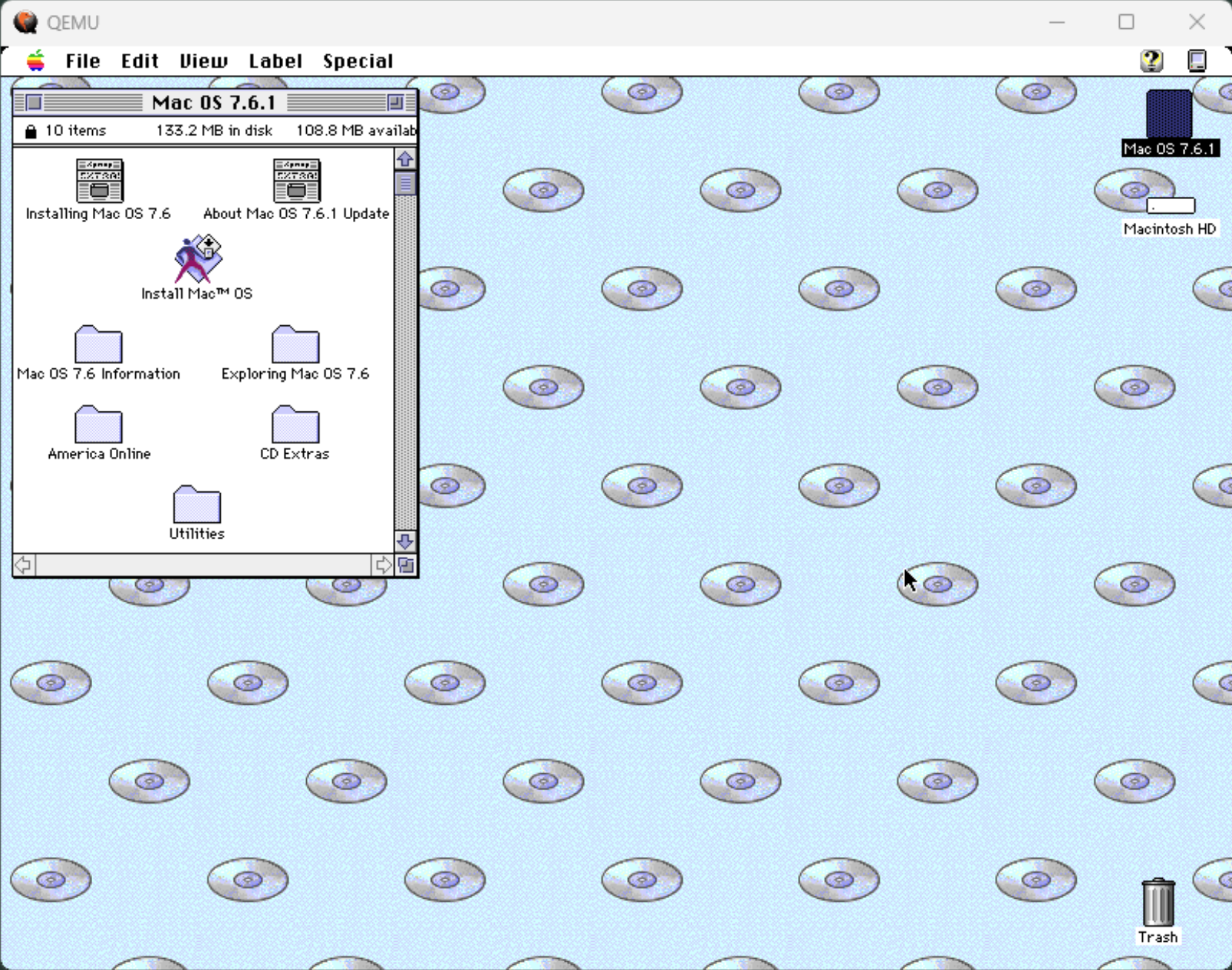30 years of Windows 95

30 years ago, Windows 95 was released to the world, and with it a new era of personal computing was unleashed. For many, it was the the operating system for the masses. No longer did you need to install DOS and then Windows 3.1 on top of that – it was an out of the box experience accessible to the average user comparable to the venerable Macintosh. It was touted as the future of PC multimedia, gaming, and the internet and in many ways that prophecy proved to be correct. With Windows 95 came CD multimedia, DirectX, and the now infamous Internet Explorer.
Windows and of course computing has come a long way since – but in many ways I still feel a lot of nostalgia for Windows 95. It was perhaps the first, and last, version of Windows that polished the desktop computing experience before succumbing to bloat and feature creep. Windows 98 just a few short years later would attempt to capitalize on the dot com craze even further by shoehorning Internet Explorer into everything from Windows Explorer it self to the notoriously buggy Active Desktop. Windows Me took it a step further by removing real-mode DOS access and doubled down even more on media at the expense of greater instability. Windows XP proved to be its own watershed moment with the merger of the consumer friendly Windows 9x line with the strong base of the Windows NT family – but it would introduce its own thorns like Windows Activation. To me, Windows 95 got the basics right – it introduced a friendly interface accessible to the average user, and provided a stable and welcoming platform for developers to create programs for the system. It did what an OS is supposed to do – get you where you needed to go, and then got out of your way. Besides a few ads on the desktop for internet services, Windows 95 didn't nag you to sign up for services like OneDrive, or Copilot, or Office 365. Notepad didn't have bloat like tabs or AI powered editing – it edited text; plain and simple.
So 30 years later I'm looking back fondly on Windows 95 as not only a milestone in personal computing, but also perhaps as a standard that the Microsoft of today could perhaps look back to for what Windows really should be.



